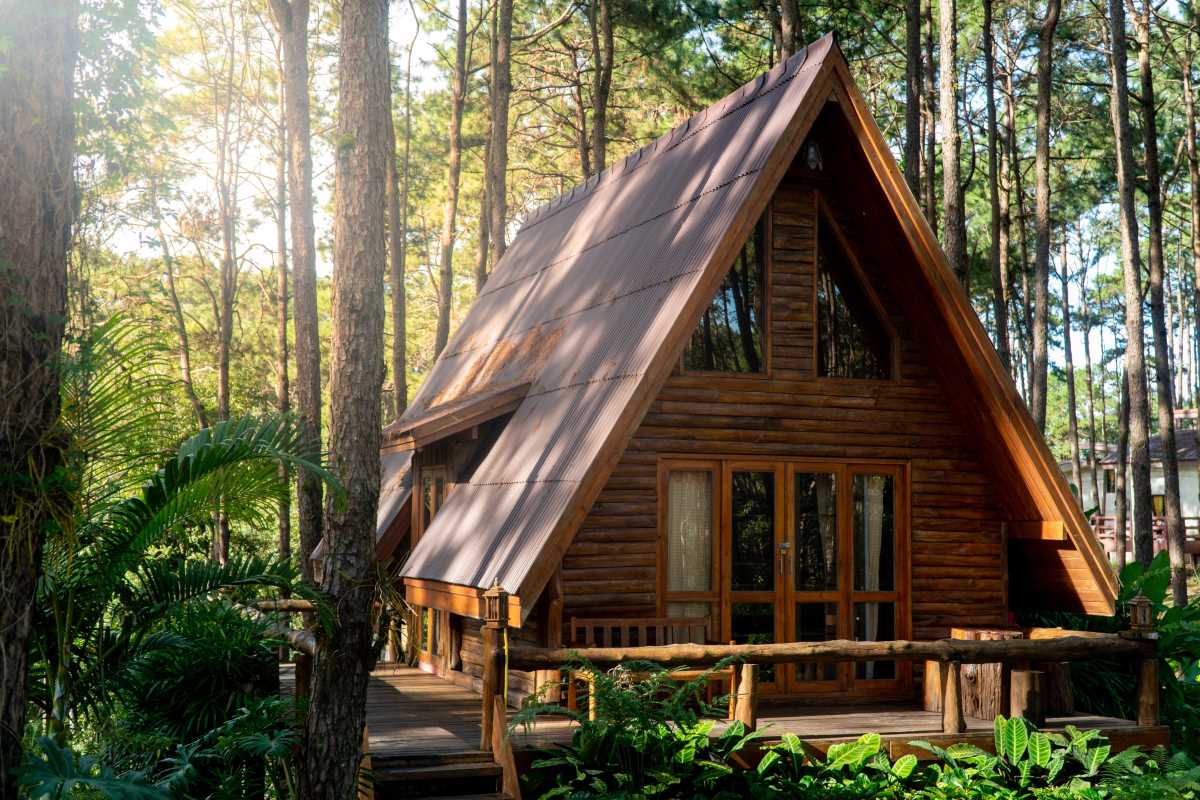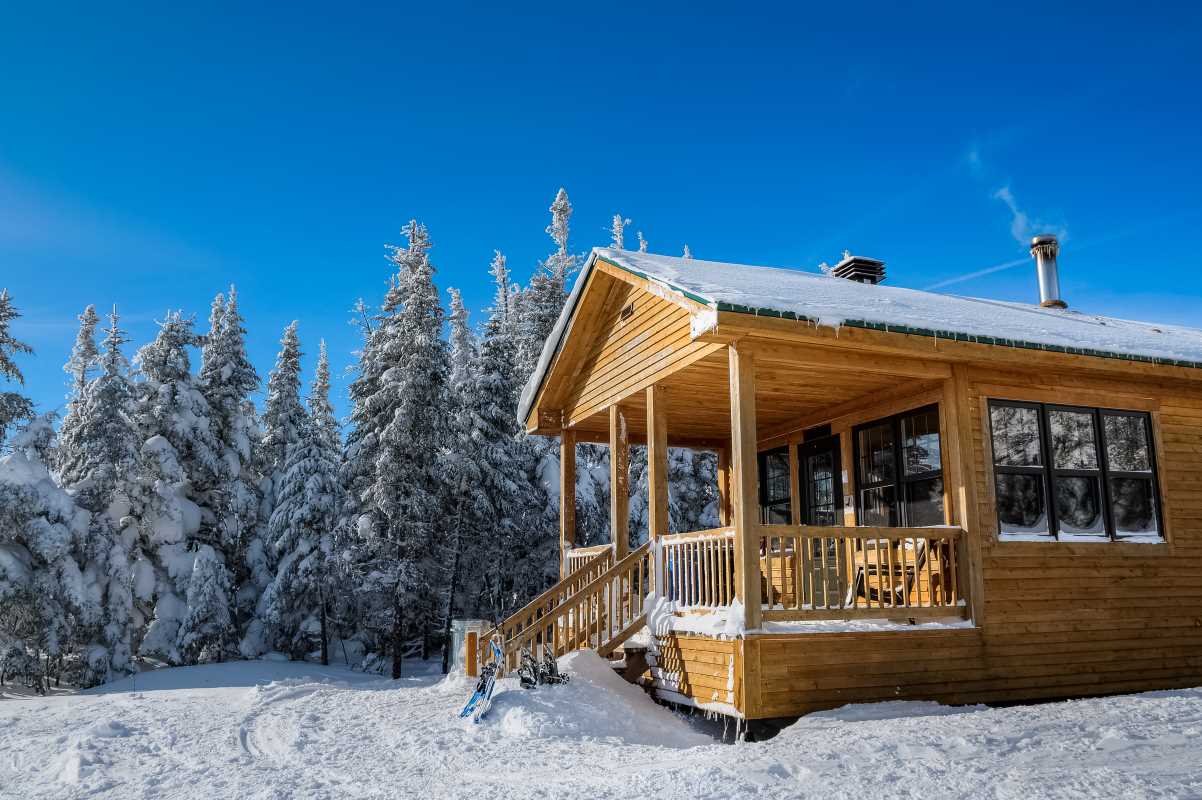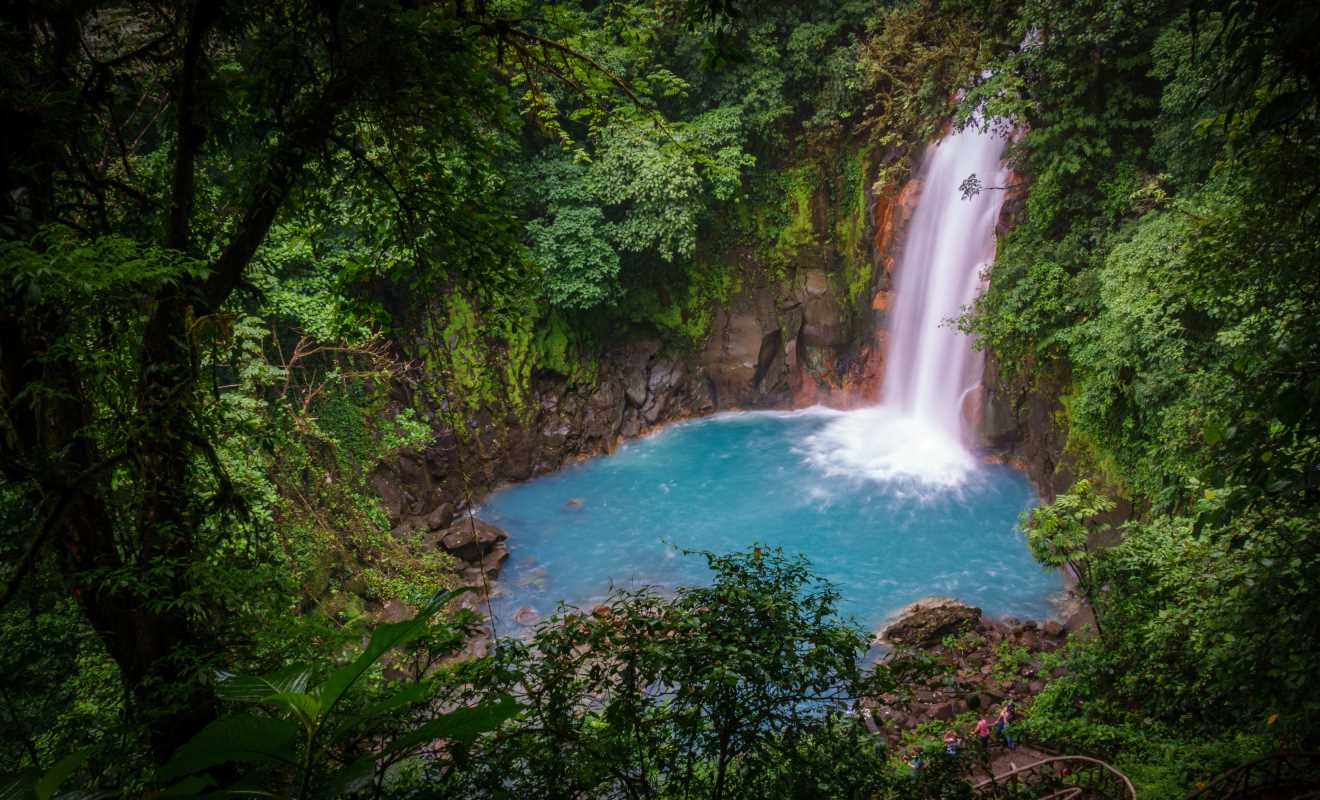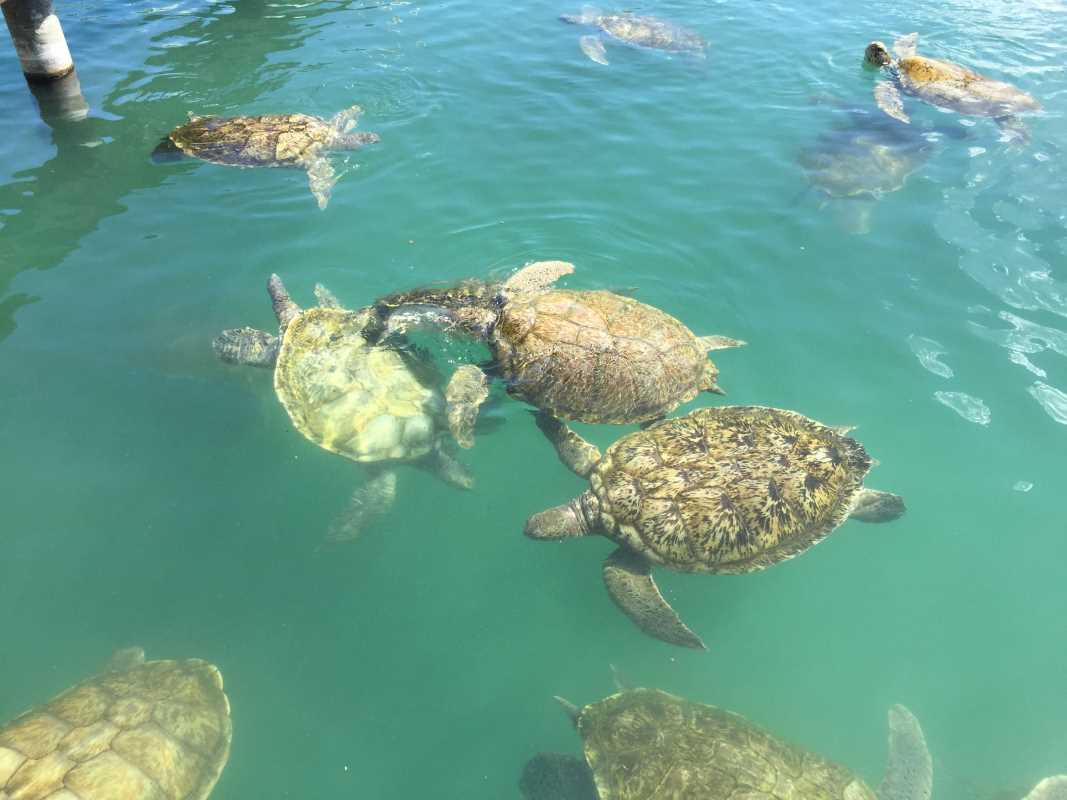Travelers are becoming more environmentally conscious, looking for ways to reduce their ecological footprint without sacrificing comfort or adventure. Eco-retreats have emerged as a popular solution, offering travelers sustainable lodging options while still creating memorable experiences. These eco-friendly escapes emphasize harmony with nature, renewable energy use, and conservation. From solar-powered cabins in the woods to luxury treehouses overlooking lush landscapes, eco-retreats are redefining how we travel responsibly. Let's talk about some of the most trending sustainable lodging ideas, explain their unique features, and offer tips to help you book your next earth-friendly getaway.
1. What Are Eco-Retreats?
Eco-retreats are accommodations designed to minimize their impact on the environment. Combining modern convenience with green initiatives, they prioritize renewable resources, water conservation, and sustainable materials. Many eco-retreats also work to preserve local ecosystems, benefiting the surrounding wildlife and communities.
These retreats can range from intimate off-grid cabins to full-scale resorts with solar-powered amenities and organic farm-to-table dining. They offer more than a comfortable stay; they provide a chance to connect with nature while supporting sustainable practices.
Common Features of Eco-Retreats
- Renewable energy sources like solar panels or wind turbines.
- Water-saving initiatives include rainwater collection and low-flow systems.
- Locally sourced building materials and energy-efficient design.
- Organic gardens and locally grown food are served to guests.
- Nature-based activities like hiking, birdwatching, or yoga outdoors.
Before booking an eco-retreat, check if they carry certifications like LEED (Leadership in Energy and Environmental Design) or Green Key. These guarantee the retreat follows verified sustainability practices.
2. Top Trending Eco-Retreat Options
1. Off-Grid Cabins
Off-grid cabins are small, minimalist lodging options set in remote locations, perfect for disconnecting from technology and immersing yourself in nature. Many come equipped with renewable energy and composting toilets, offering everything you need without harming the environment.
Getaway House (Multiple Locations, U.S.): These tiny cabins are set just outside of major cities, offering a chance to escape with essentials like solar power, cozy interiors, and fire pits. Guests can hike, stargaze, or simply unwind in a sustainable setting.
2. Treehouse Stays
Treehouses are no longer just for kids. Modern eco-treehouses combine whimsical design with sustainable materials and energy-efficient features. They blend naturally into their surroundings and provide an elevated perspective of the environment.
- Inkaterra Reserva Amazonica (Peru): Located in the Amazon rainforest, the treehouse lodges here use solar energy and work alongside conservation programs to protect the rainforest.
3. Luxury Glamping Tents
Glamping combines the comforts of a luxury hotel with the rustic charm of camping. Eco-focused glamping sites frequently use solar energy, rainwater harvesting, and biodegradable products to stay environmentally responsible.
- Under Canvas (Various U.S. Locations): These glamping sites near national parks like Yellowstone and Zion offer safari-style tents fully powered by solar energy. Interiors feature eco-friendly furniture and water-saving fixtures.
4. Overwater Eco-Lodges
Overwater lodges prioritizing sustainability create memorable stays that don’t disrupt aquatic ecosystems. These structures often use eco-friendly building techniques and are powered by renewable energy like solar or wind.
- Constance Moofushi (Maldives): Known for its eco-conscious practices, this luxury overwater retreat uses advanced water filtration systems and supports coral reef conservation projects.
Ask about the retreat’s waste management practices and any wildlife conservation initiatives they support. This can indicate how committed they are to sustainability beyond just the property itself.
3. Why Choose an Eco-Retreat?
Eco-retreats provide a chance to relax in harmony with nature while actively reducing your environmental footprint. Instead of relying on resource-heavy hotels, you’re participating in sustainable tourism practices that benefit the planet.
- Reconnect with Nature: Locations are typically far from urban centers, immersing you in natural beauty.
- Support Local Communities: Many eco-retreats hire locally, serve locally sourced food, and reinvest in their communities.
- Learn Sustainable Practices: Many retreats educate guests about eco-friendly living, inspiring lifestyle changes long after their stay.
Choosing sustainable lodging also comes with peace of mind, knowing your travel dollars are minimizing negative environmental impact.
4. How to Find the Most Sustainable Options
Finding the best eco-retreats often requires a bit of research, but it’s simpler than you might think.
- Search Aggregators: Platforms like EcoHotels or Green Pearls specialize in showcasing sustainable accommodations.
- Ask Questions: Contact the retreat to inquire about their energy sources, recycling programs, and community involvement.
- Check Reviews: Guest feedback can highlight whether a property practices true sustainability or merely greenwashing (falsely advertising as eco-friendly).
- Use Certifications: Look for third-party eco-certifications like EarthCheck or Rainforest Alliance Verified for vetted options.
Consider the location. Greater distance from urban centers is often a sign of eco-conscious design, as many retreats aim to create minimal environmental disruption.
5. Tips for an Eco-Friendly Stay
Staying at an eco-retreat is just part of the equation. Your personal habits during the trip make a big difference as well.
- Pack Responsibly: Bring reusable items like water bottles, shopping bags, and toiletries to reduce your waste.
- Conserve Resources: Take shorter showers, turn off lights or electronics when not in use, and recycle.
- Support Local Businesses: Explore nearby restaurants, farmers’ markets, or small shops, connecting with the community.
- Respect Wildlife: Avoid feeding animals or disturbing their natural habitats during your stay.
Research local environmental guidelines or etiquette before arriving, especially in sensitive ecosystems like rainforests or wetlands.
 (Image via
(Image via





